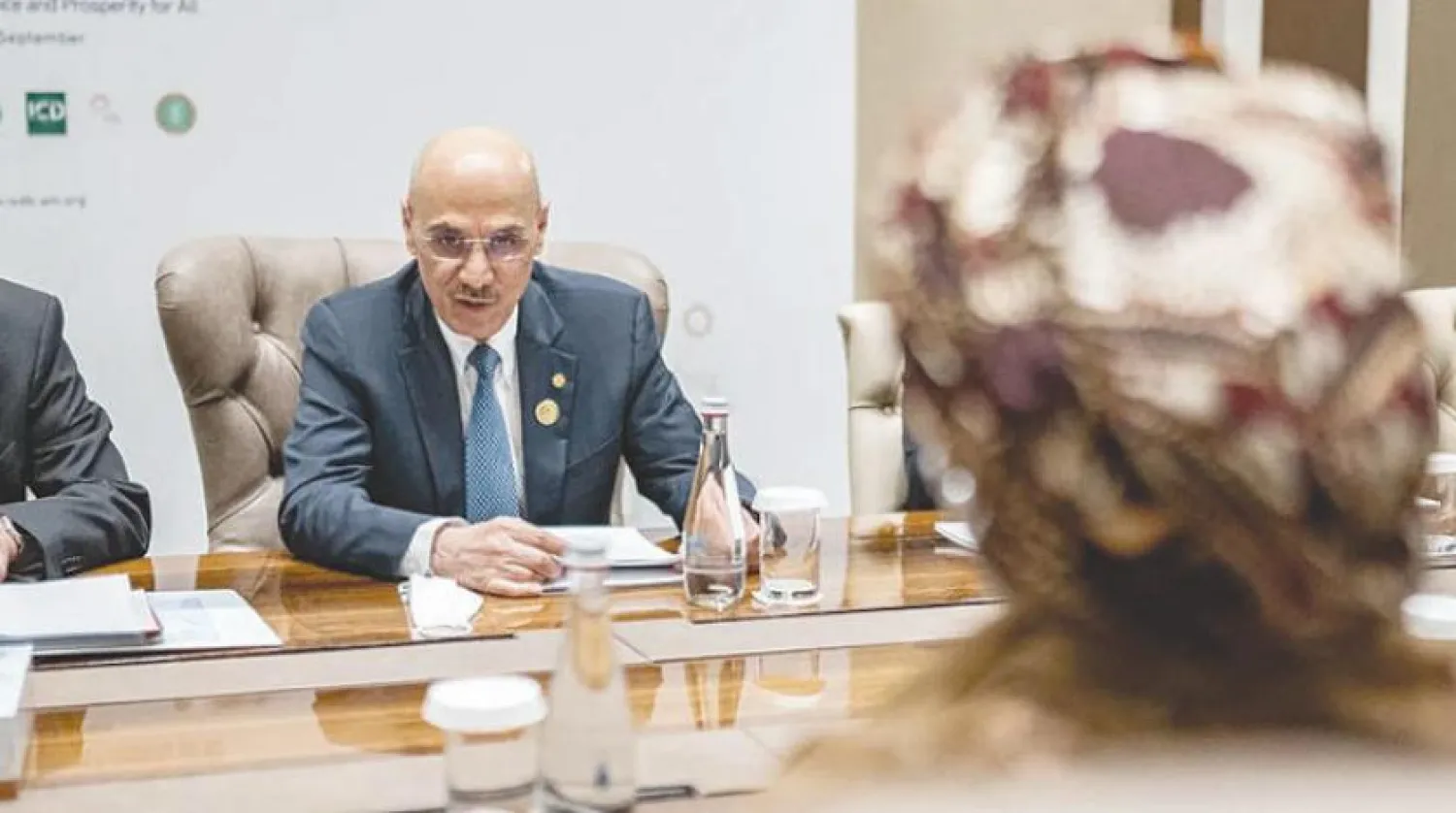The Islamic Development Bank (IsDB) Group, the AAA-rated multilateral development bank of the Muslim world, has announced $1.2 billion in funding commitments as part of its effort to support the post-pandemic economic recovery among its member countries.
The funding commitments, which comprise around 30 MOUs and agreements signed between IsDB Group entities and counterpart institutions in member countries in Africa and Asia, were signed during the Group’s 2021 Annual Meetings held in Tashkent, Uzbekistan.
IsDB announced the Economic Empowerment Fund for Uzbekistan, established in collaboration with the Uzbek government and private sector investors from Saudi Arabia.
The $100 million fund, of which $20 million has been committed by IsDB, aims to create 100,000 jobs by supporting micro, small, and medium-sized enterprises (MSMEs). It is the first impact investment fund established in Uzbekistan.
Other commitments to Uzbekistan included a significant $200 million investment to support economic development in rural regions in the country.
IsDB also signed an agreement to finance the second phase of a project devoted to expanding access to oncology services in Uzbekistan by equipping treatment centers and expanding medical training.
The Islamic Trade Finance Corporation (ITFC) will provide trade financing to several countries to support the import of strategic commodities, including energy products and foodstuffs.
The Union of Comoros will receive $392 million over the next three years to support food and energy security.
Burkina Faso will receive $100 million to support the purchase of refined petroleum products for the country’s energy sector.
ITFC also signed similar agreements with Guinea and Maldives, committing $100 million and $75 million respectively, to support the import of fuel and food commodities.
Furthermore, IsDB signed several agreements focusing on economic development. The Bank will also fund two significant projects in Benin, with a combined value of $150 million.
The first project will support community health and nutrition, supporting Benin’s goal of providing universal health coverage by 2025.
The second project will support upgrades to the storm draining system of the capital city of Cotonou to reduce the risks of flooding.
The Group Chairman, Mohammad al-Jasser, said that the COVID-19 pandemic taught difficult lessons about the fragility of national economies in a globalized world.
“We are using the opportunity of our annual meetings to ensure that the power of multilateralism can help create stronger, more resilient economies in the long term.”
The Bank’s response to the COVID-19 pandemic included a $4.56 billion Strategic Preparedness and Response Program (SPRP), which is estimated to have delivered economic assistance to more than 55 million people.










